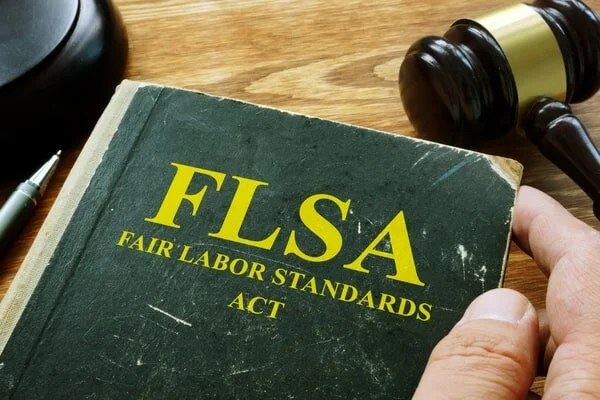Unpaid internships are highly sought after by students, because they provide an impressive resume boost and because they allow the intern to learn something about the actual practice of the field he is studying to enter. In some quarters, however, unpaid internships are looked upon as a means by which an employer can exploit free labor while strengthening his bargaining positions with paid employees. Consequently, federal law strictly regulates unpaid internships.
The Primary Beneficiary Test
The “primary beneficiary test” is contained in the federal Fair Labor Standards Act, and it is designed to determine whether someone should be classified as an intern or as an employee. Although California state law once added a number of additional requirements, at present, California standards are identical to FLSA standards.
To determine whether someone is an intern or an employee, a court must consider the following seven factors:
Whether the employer has clearly communicated with the intern that there will be no compensation for the work done. Although it is best to have specified this in writing, even a written statement is not necessarily dispositive if the intern was led to expect compensation for other reasons (“under the table” compensation, for example).
Whether the internship offers training that is similar to academic training, including practical and clinical training provided by schools (in other words, the training does not have to be classroom-based).
Whether the internship is related to the intern’s educational program through academic credit and/or the integration of coursework. Many employers partner with universities to provide internship opportunities.
Whether the internship is coordinated with the student/intern’s academic calendar. The more carefully coordinated it is, the more likely the position will appear to have been designed for a student, which makes classification as an intern more likely.
Whether the internship is coincident with the provision of the learning opportunities described above. It doesn’t look good if, say, a one-year internship crams all learning opportunities into the first month.
Whether the intern’s work substitutes for work that would otherwise be performed by paid employees. If so, the “intern” might be classified by the court as an employee.
Whether the intern is led to believe that he will be employed at the conclusion of the internship. If so, the “intern” might be classified by the court as an employee.
No single factor among the seven factors described above determines, by itself, whether someone is classified as an intern or an employee. Ultimately it is a judgment call, and every instance is decided on a case by case basis.
The Consequences of Breaking the Rules
If you have taken an intern and he is later determined to be an employee, you will owe him back pay – both minimum wage and overtime pay. You may also be assessed penalties and back taxes. Unfortunately, classification of someone as an intern or an employee is based on a balancing test, which means that there is no way to guarantee 100 percent that your intern will not be reclassified as an employee by a court. We can help you reduce the odds, however.
Contact CKB Vienna Immediately
If you are an employer concerned about how to comply with California employment law on unpaid internships, or if a dispute has already erupted, call CKB Vienna today or contact us online to schedule a consultation where we can answer your questions. We serve clients in Rancho Cucamonga, San Bernardino County, Los Angeles County, Orange County, and Riverside County.

